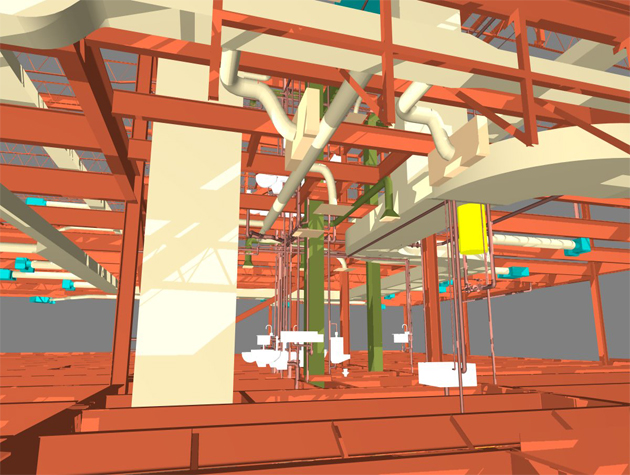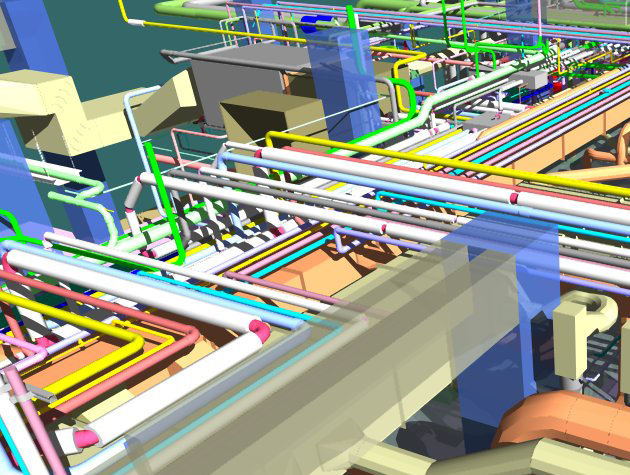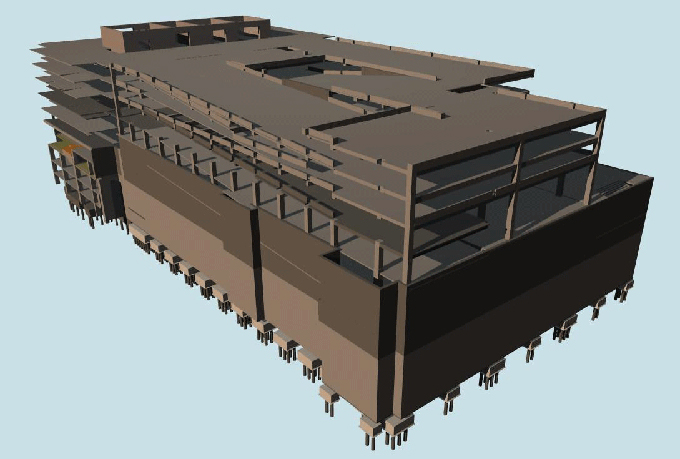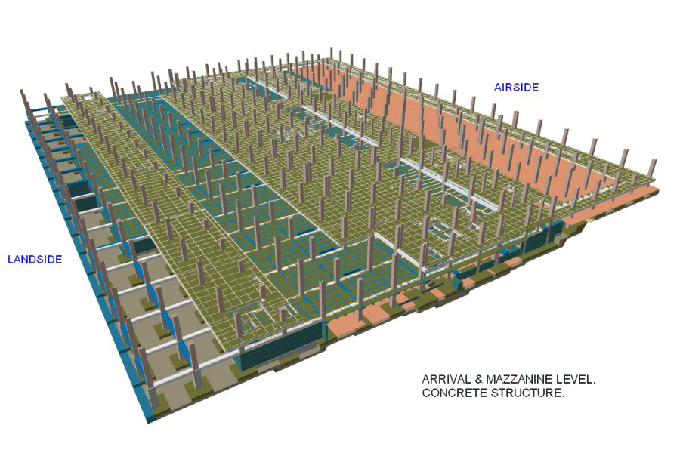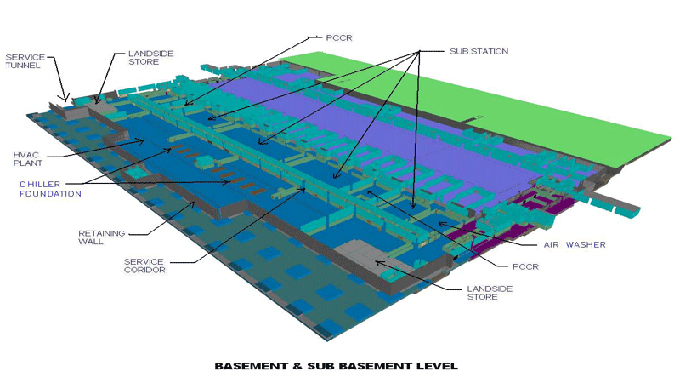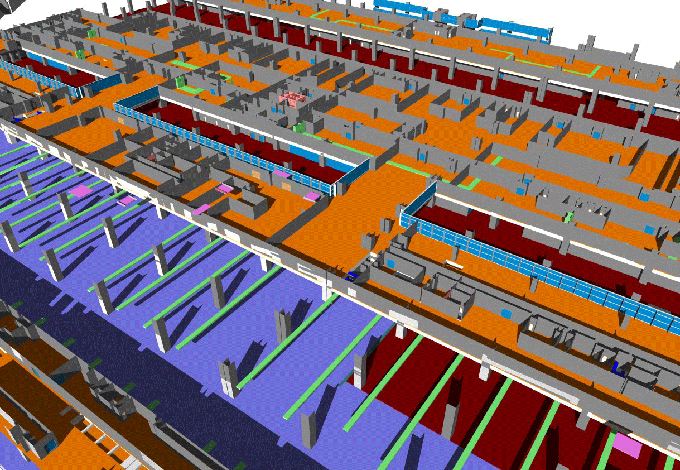Does becoming a BIM Coordinator a good choice for your Career: Explained
Tweet
Who is a BIM Coordinator?
A BIM (Building Information Modeling) Coordinator is a professional who is responsible for managing and coordinating the BIM process for a construction project. They work closely with architects, engineers, contractors, and other stakeholders to ensure that the project's design, construction, and operation are optimized using BIM technology.
What is the Primary role of a BIM Coordinator?
The primary role of a BIM Coordinator is to ensure that all project stakeholders have access to the most up-to-date and accurate information about the building's design and construction. They coordinate the creation and sharing of BIM models, including architectural, structural, and MEP (Mechanical, Electrical, and Plumbing) models, and manage the clash detection process to identify and resolve potential clashes between different building systems.
In addition, a BIM Coordinator is responsible for ensuring that the BIM process is implemented effectively and efficiently throughout the project. This includes developing and implementing BIM standards and procedures, providing training and support to project team members, and managing the quality of the BIM data.
It is a BIM Coordinator's role to ensure that a construction project is completed on time, within budget, and to the highest quality and safety standards.
What issue would arise if there is no BIM Coordinator?
Building Information Modeling (BIM) Coordinators are crucial to the success of a construction project. Without a BIM Coordinator several.
1. Lack of Communication: Without a dedicated BIM Coordinator, there can be communication gaps among different project stakeholders, such as architects, engineers, contractors, and subcontractors. This can lead to delays, errors, and misunderstandings.
2. Inconsistent Standards: A BIM Coordinator is responsible for ensuring that all project stakeholders follow the same BIM standards and protocols. Without a BIM Coordinator, there can be inconsistency in the use of BIM software, file formats, naming conventions, and modelling techniques, which can affect the quality and accuracy of the project.
3. Clash Detection Issues: One of the critical roles of a BIM Coordinator is to conduct clash detection analysis, which involves identifying and resolving clashes or conflicts among various building systems, such as mechanical, electrical, and plumbing. Without a BIM Coordinator, there can be a lack of clash detection, which can lead to construction errors, rework, and cost overruns.
4. Lack of Quality Control: A BIM Coordinator is responsible for ensuring the quality of the BIM models, drawings, and documents. Without a BIM Coordinator, there can be a lack of quality control, which can affect the accuracy and completeness of the project information.
5. Risk Management Issues: A BIM Coordinator also plays a critical role in managing risks associated with BIM implementation, such as data security, intellectual property, liability, and contractual issues. Without a BIM Coordinator, there can be a lack of risk management, which can lead to legal disputes and financial losses.
Having a BIM Coordinator is crucial for ensuring the successful implementation of BIM in a construction project.
How can someone become a BIM coordinator?
Becoming a BIM (Building Information Modeling) coordinator typically involves the following steps:
1. Obtain Education and Training: A BIM coordinator typically needs to have a degree in architecture, engineering, or construction management. It is also helpful to take courses or obtain certification in BIM software like Revit, Navisworks, or AutoCAD.
2. Acquiring Relevant Skills: A BIM coordinator must have strong communication and organizational skills. They should be familiar with construction drawings, specifications, and standards, as well as have experience working with BIM software. They must also be familiar with project management methodologies.
3. Gaining Industry Experience: A BIM coordinator usually has experience working in construction-related fields such as architecture, engineering, or construction management. They may start out as a BIM technician or drafter and work their way up.
4. Developing Coordination Skills: A BIM coordinator needs to be able to coordinate and communicate effectively with different stakeholders involved in a construction project, including architects, engineers, contractors, and owners. They must be able to identify and resolve potential conflicts that may arise during the project.
5. Keeping Up to Date with Latest BIM Trends: The construction industry is continually evolving, and BIM coordinators need to stay updated with the latest trends and technologies. They should regularly attend training, workshops, and conferences to stay current.
6. Network and Market: Building a professional network is essential for a BIM coordinator. They can attend industry events, join professional organizations, and participate in online forums to network and market themselves.
Education, skills, experience, and networking all play a role in becoming a BIM coordinator. BIM coordinators can achieve success by gaining experience, gaining coordination skills, and staying updated with industry trends by specializing in BIM software, and construction-related fields, and staying updated with the industry trends.
Why becoming a BIM Coordinator a smart move?
Becoming a Building Information Modeling (BIM) Coordinator can be a smart move for several reasons:
1. In-demand skill: BIM is becoming increasingly important in the construction industry, and there is a growing demand for professionals who are skilled in this area. As a BIM Coordinator, you will have a valuable skill set that is in high demand, which can lead to better job opportunities and higher pay.
To get online demonstration, watch the following video tutorial.
Video Source: BimByMiguel
2. Collaborative work: BIM involves collaboration between various stakeholders, including architects, engineers, contractors, and owners. As a BIM Coordinator, you will have the opportunity to work closely with these professionals, which can enhance your knowledge and skills in the industry.
3. Improved project efficiency: BIM can significantly improve the efficiency of construction projects by facilitating collaboration, reducing errors, and enhancing communication between stakeholders. As a BIM Coordinator, you will play a key role in ensuring that BIM is implemented effectively, which can lead to more successful projects.
4. Growing technology: The use of BIM technology is continually evolving and improving, which means that there are always new skills and techniques to learn. As a BIM Coordinator, you will have the opportunity to stay up-to-date with the latest developments in the industry, which can enhance your professional development.
If you are interested in the construction industry, becoming a BIM Coordinator can be an excellent decision. It allows you to work with cutting-edge technology, collaborate with a wide range of experts, and help make construction projects more efficient and successful.
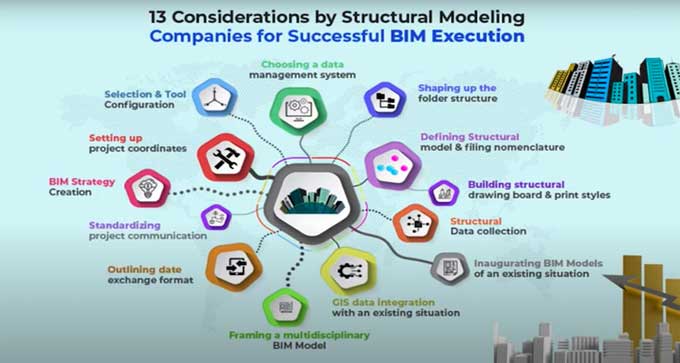
Gallery
Feel free to contact us for BIM requirements. One of our representative will respond you within 24 Hours. Send us your projects requirement today and grow your project.
Explore More !
